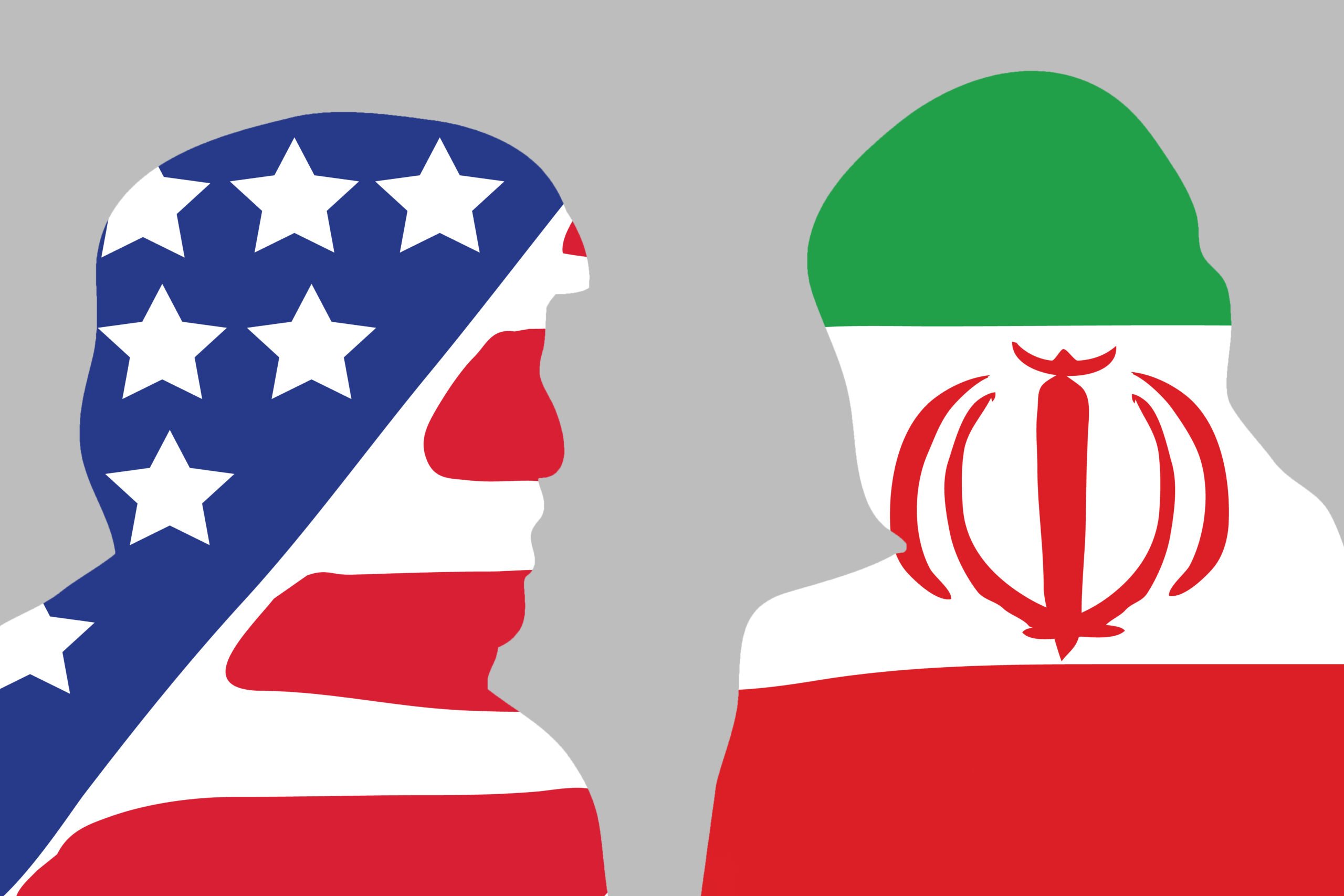A cease-fire between Israel and Iran has gone into full effect, marking an expected end to hostilities in a conflict that some feared could have escalated into a wider war.
The cessation of hostilities began at midnight on June 25, ending more than a week of fighting that saw airstrikes, ballistic missile attacks, and U.S. intervention.
President Donald Trump announced on June 23 that he had negotiated a peace between Iran and Israel in the wake of a U.S. strike on three Iranian nuclear facilities—Isfahan, Natanz, and Fordow—designed to cripple Iran’s capacity to produce enough fissile material for a nuclear weapon.
Trump said the cease-fire would be phased in over 24 hours from midnight on June 24, with Iran first halting its attacks and Israel then stopping offensive strikes.
In the hours leading up to the cessation of hostilities, both sides accused the other of violating the agreement, leading Trump to call for both Iran and Israel to “calm down.”
Ahead of the cease-fire, fresh Israeli airstrikes on Iran allegedly prompted retaliation from the Islamist regime, which launched a rocket that failed to land. Tehran denied that it had violated the agreement, state-aligned media in Iran reported.
Trump expressed frustration with both nations after the incidents, saying they had each violated the cease-fire.
“They [Iran] violated it, but Israel violated it too,” Trump told reporters at the White House before departing for a NATO summit at the Hague. “I’m not happy with Israel.”
Israel responded to the alleged violation with an attack on an Iranian radar before pulling back at Trump’s urging.
“Israel is not going to attack Iran. All planes will turn around and head home, while doing a friendly ‘Plane Wave’ to Iran. Nobody will be hurt, the Ceasefire is in effect!” Trump wrote in a June 24 post on Truth Social.
Later, Israeli Prime Minister Benjamin Netanyahu said Israel would refrain from further attacks.
Netanyahu also praised Israel’s military operations in the conflict, saying Iran’s nuclear capabilities had been significantly harmed by the strikes.
“For dozens of years, I promised you that Iran would not have nuclear weapons and indeed … we brought to ruin Iran’s nuclear program,” Netanyahu said in a televised address on June 24.
After Israel withdrew its planes, no additional violations took place on June 24 by either side, as the international community—including the United Nations, Turkey, China, the European Union, Pakistan, and others—expressed their backing for a truce and urged both sides to uphold it.
Israeli Minister of Defense Israel Katz said he spoke to U.S. Secretary of Defense Pete Hegseth, offering a promise to “respect the cease-fire, as long as the other side does.”
Katz, in a post on social media platform X, said he also thanked Hegseth for Trump’s decision to take part in Israel’s operations against the Iranian nuclear threat.
U.S. strikes on June 21, authorized by Trump, came after the International Atomic Energy Agency on June 13 stated that Iran had enriched Uranium-235 to 60 percent, closing in on the 90 percent enrichment needed for weapons-grade uranium.
Trump announced after the strikes that the three targeted Iranian nuclear sites had been “completely and totally obliterated.”
Eyal Zamir, chief of the general staff of the Israel Defense Forces (IDF), said that while Israeli forces successfully set Iran’s nuclear program back years, he believed that “the campaign against Iran is not over.”
“Despite the phenomenal achievement, we must keep our feet on the ground,” he said, praising the IDF and the Israeli Air Force’s actions in the conflict. “Many challenges still lie ahead.”
He said that Israel’s focus will now shift back to Gaza, dismantling the terrorist group Hamas, and bringing all the hostages home.
Vice Admiral Brad Cooper told the Senate Armed Services Committee on June 24 that Iran still has “significant tactical capability,” even after the destructive strikes on three of its nuclear sites over the weekend by American B-2 Spirit stealth bombers.
When asked if Iran still presents a threat to U.S. military personnel and Americans worldwide, he said, “They do.”
Savannah Hulsey Pointer, T.J. Muscaro, Jacob Burg, and Jackson Richman contributed to this report.
If you found this article interesting, please consider supporting traditional journalism
Our first edition was published 25 years ago from a basement in Atlanta. Today, The Epoch Times brings fact-based, award-winning journalism to millions of Americans.
Our journalists have been threatened, arrested, and assaulted, but our commitment to independent journalism has never wavered. This year marks our 25th year of independent reporting, free from corporate and political influence.
That’s why you’re invited to a limited-time introductory offer — just $1 per week — so you can join millions already celebrating independent news.
(Except for the headline, this story has not been edited by PostX News and is published from a syndicated feed.)

